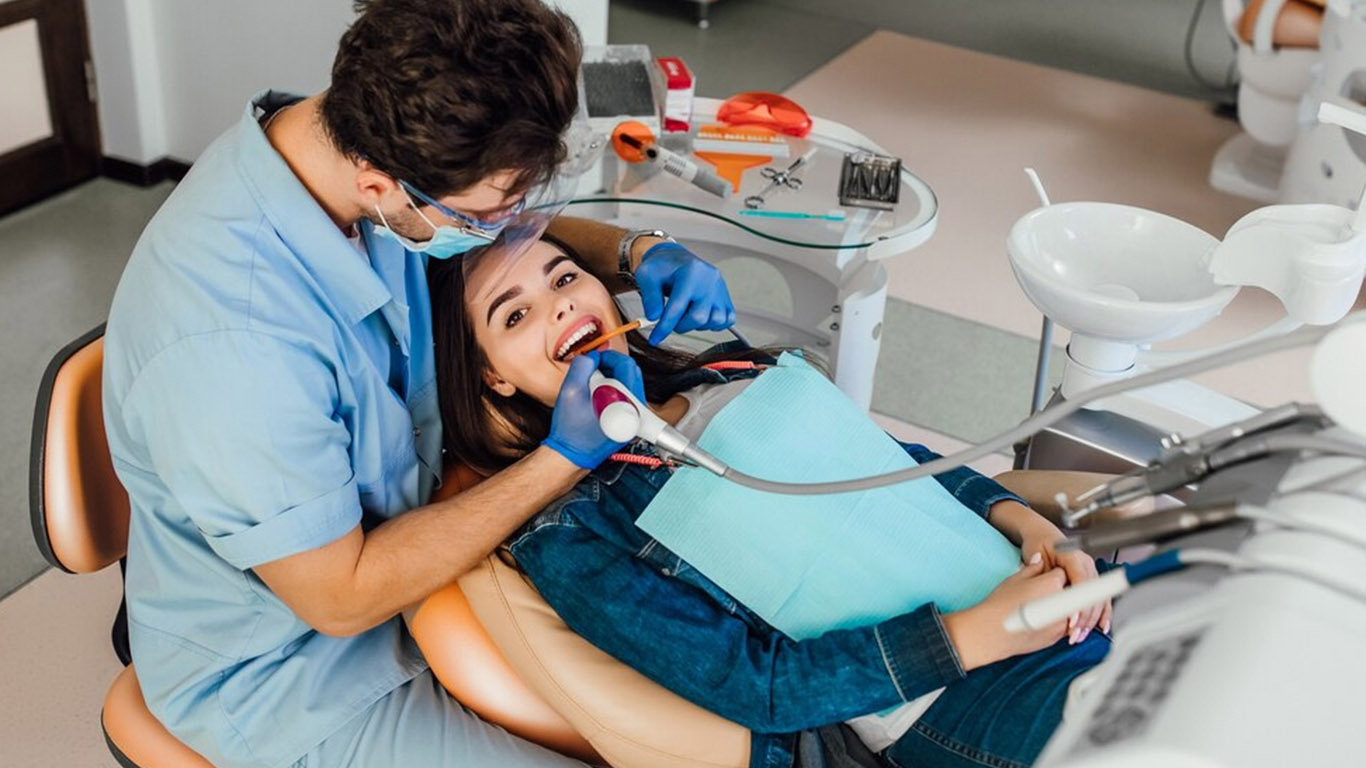The Importance of Follow-Up in Dental Treatment: Why and How Often?
Maintaining oral health is not just about brushing, flossing, and regular check-ups. If you’ve recently undergone any dental treatment, whether it’s a simple filling, root canal, or a complex procedure like dental implants, follow-up visits are crucial for ensuring successful healing and long-term results. Many patients underestimate the importance of post-treatment care, often neglecting follow-up appointments, which can lead to complications, infections, or even treatment failure.
Why is Follow-Up Important?
- Monitoring Healing and Recovery
After a dental procedure, your gums, teeth, and surrounding structures need time to heal. Follow-up visits allow the dentist to check for signs of infection, proper healing, and overall treatment success. If any issues arise, they can be addressed early before they become severe. - Preventing Complications
Many dental treatments come with potential risks, such as infections, sensitivity, or improper integration (in the case of implants or crowns). A follow-up ensures that everything is functioning as expected, reducing the risk of painful complications that could require additional treatment. - Adjustments and Corrections
Sometimes, minor adjustments are needed after a procedure. For instance, if you’ve had a crown or bridge placed, your bite may feel slightly off. Follow-ups help your dentist make necessary corrections to ensure comfort and effectiveness. - Long-Term Success of Treatment
Whether it’s orthodontic work, fillings, or implants, proper follow-up care contributes to the longevity of your dental work. Ignoring follow-ups can lead to premature failures, requiring more costly and invasive treatments later.
How Often Should You Follow Up?
The frequency of follow-up visits depends on the type of treatment you’ve undergone. Here are some general guidelines:
- Dental Fillings – A follow-up visit may not be necessary unless you experience sensitivity, pain, or discomfort. Otherwise, a routine dental check-up in six months should suffice.
- Root Canal Treatment – A follow-up is typically scheduled within a few weeks after the procedure to ensure proper healing and to place the final restoration.
- Tooth Extractions – Dentists often recommend a follow-up within 1-2 weeks to monitor healing and ensure there are no signs of infection or dry socket.
- Dental Implants – Regular follow-ups are required, usually at one week, one month, three months, and six months post-surgery to check the integration of the implant with the jawbone.
- Braces or Invisalign – Orthodontic treatments require frequent follow-ups, typically every 4-6 weeks, to adjust braces or check aligner progress.
- Gum Disease Treatment – Follow-ups may be needed every few weeks or months, depending on the severity, to ensure that gums are healing properly.
Final Thoughts
Skipping follow-up visits may seem harmless, but they play a significant role in ensuring your dental treatments remain effective and long-lasting. It is always best to follow your dentist’s advice on post-treatment care and scheduling recommended follow-ups. By doing so, you not only protect your investment in dental work but also ensure a healthier, pain-free smile for years to come. Prioritize your follow-up appointments and keep your oral health in check!



